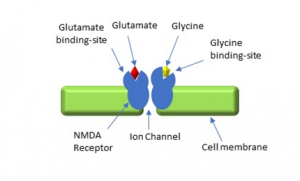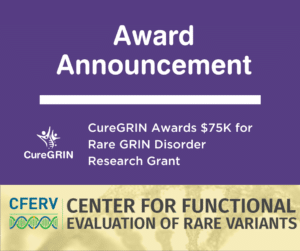Coming Soon: A Guide to Treating / Curing GRI Disorders
Share This Post
Developing treatments and cures for GRI Disorder isn’t a one-size-fits-all proposition. Not only are there at least 13 different diseases – representing 13 GRIN, GRIA, GRIK and GRID genes with disease causing variants – but there are hundreds of different variants. Some variants – classified as deletions or nonsense mutations – result in only half as many proteins being made. Others result in non-functional proteins which can lead to loss-of-function or gain-of-function variants.
Last week, CureGRIN brought together the world’s top experts in GRI Disorder Research for a two-day symposium in Toronto, Canada where we discussed the suitability of every type of treatment for each GRI gene and class of variants.
We identified nine relevant categories of medicines (both pharmacological and genetic) and applied those to close to 50 categories of GRI Disorders. We also rated each type of medicine by its potential impact and how long it could take for the medicine to be available.
Along with grants to researchers and primary research conducted by CureGRIN, projects like this one – and the recently launched GRI Census – are key pillars in efforts to drive treatments and cures for everyone living with GRI Disorders. This work is only possible with support of our donors and fundraisers.
We’re continuing to work with researchers to develop a guide to treating and curing GRI Disorders.
In the meantime, here are some important early takeaways from the GRI Symposium:
- Pharmacological treatments may not be as simple as one class of drugs for gain-of-function variants and another class for loss-of-function variants. Preliminary testing shows some treatments may be ideal for some variants and have no effect on others. Or a drug that might seem like it should only help gain-of-function patients, for example, might benefit people with loss-of-function variants too.
- One type of genetic therapy – called antisense oligonucleotides or ASOs – is already in clinical trials for neurological diseases similar to GRI Disorders.
- Promising new gene therapy approaches could benefit hundreds of people with haploinsufficient varieties of GRI Disorder, such as deletions or nonsense variants.
- For the majority of GRI Disorders, traditional gene therapy – which involves augmenting production of proteins from the working gene would likely be harmful. But for some genes, including GRIN1 and GRIA2, overexpression might not be problematic.
We look forward to sharing more with you in the coming weeks.
Read more Posts

Understanding NMDA Receptors: A Guide for GRIN Disorder Families
Share This Post Share on facebook Share on linkedin Share on twitter Share on email By: Meagan Collins You’ve probably heard that GRIN genes contain

CureGRIN Awards $75K for Rare GRIN Disorder Research Grant
CureGRIN Foundation is pleased to announce an investment of $75,000 to cover the cost of functional analysis for 50 people with GRIN Disorder. The recipient of CureGRIN’s grant the Center for Functional Evaluation of Rare Variants (CFERV), led by Stephen Traynelis, PhD and Director. CFERV’s mission is to advance the scientific understanding of rare genetic variants that cause ultra-rare genetic conditions such as GRIN Disorder.
